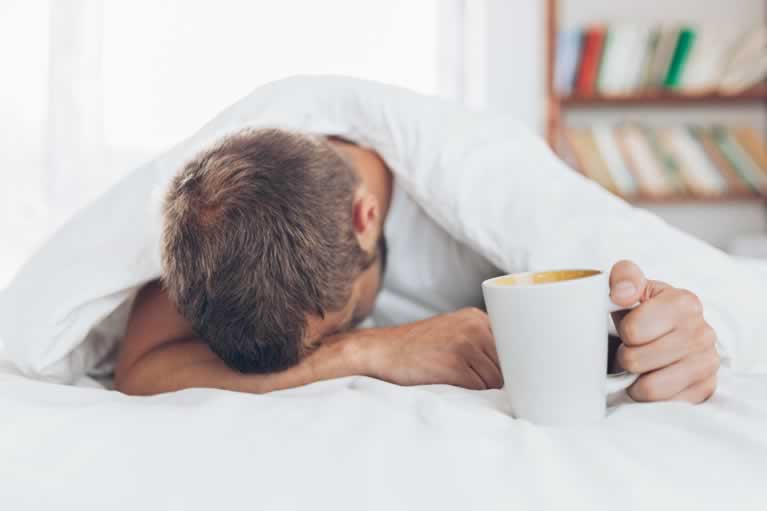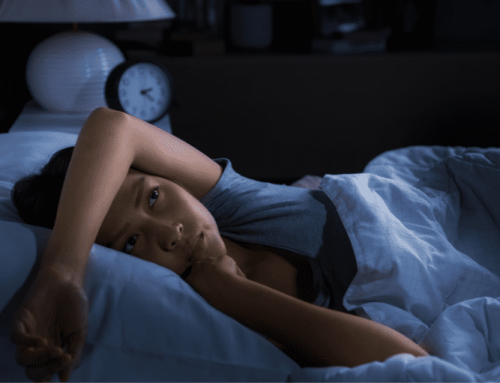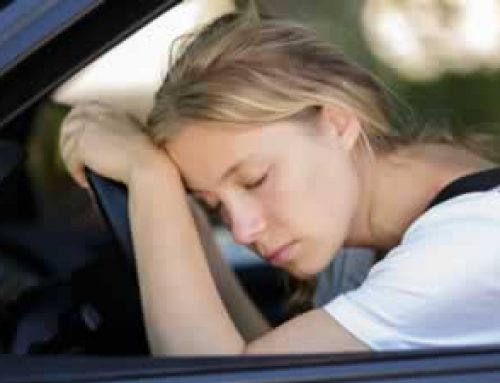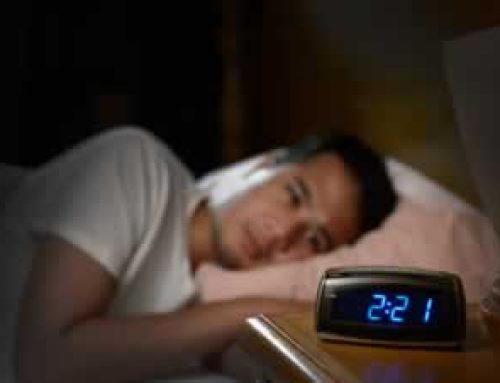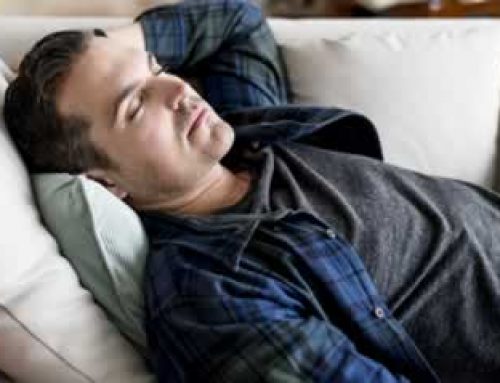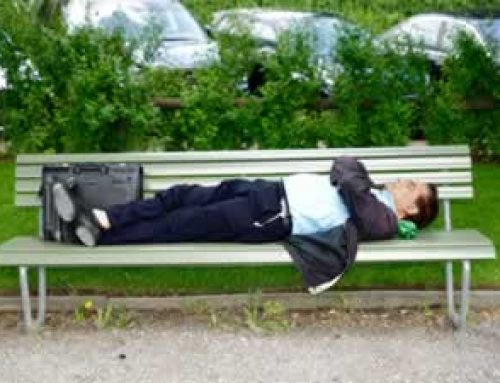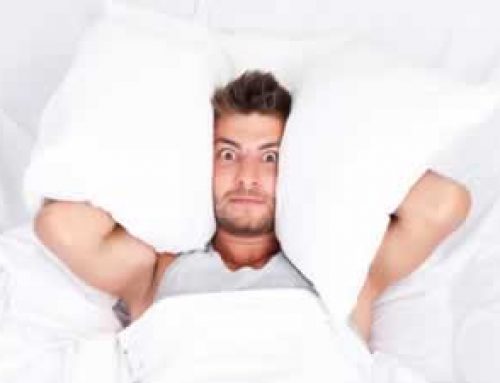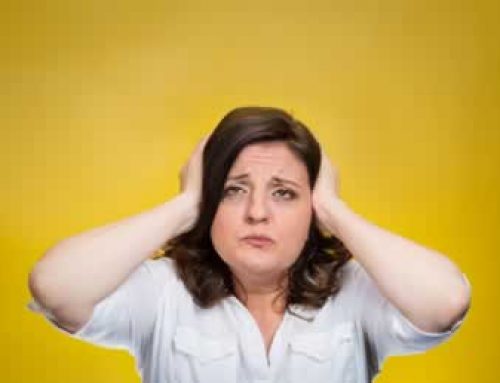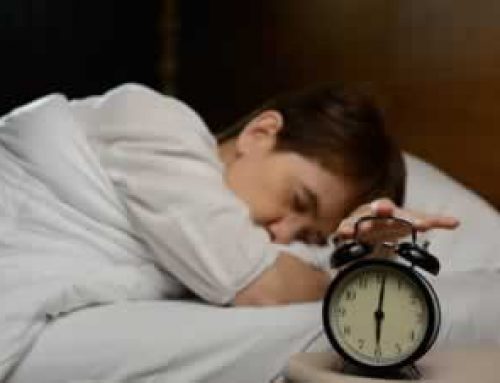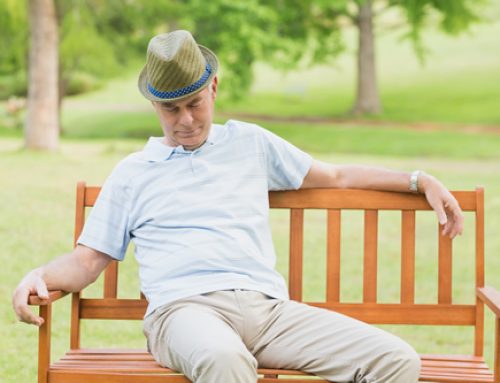Warning: These 9 Mistakes Will Destroy Your Morning
Needing to hit snooze an extra time or two because you are waking up tired in the morning? Having trouble getting going in the morning lately? If you aren’t waking up feeling refreshed and are groggy, grouchy, and just want to stay in bed all day, something is disrupting your sleep at night whether you realize it or not. Here are nine mistakes you might be making that will destroy your morning:
1. A cup of coffee in the evening
While it may be tempting to have a coffee with dessert after dinner, this combination delivers a double whammy to your ability to get a good night’s sleep. Not only will you have the sugar issues we just discussed, but you’ll also have to deal with the rush of alertness it delivers. In fact, ending your day with a cup of coffee or other caffeinated drink (hot or cold) can keep you awake far past your bedtime. Caffeine tends to kick in about 20 minutes after drinking it can the effects can last for up to 14 hours. Plus, even in moderate doses, it can block sleep neurotransmitters resulting in insomnia.
Research suggests that you should limit your consumption of four cups per day and stop drinking it by 2 pm. One study showed that caffeine consumed even 6 hours before bedtime impacted participants sleep by over an hour, even though they didn’t perceive the impact when heading to bed.
Stick to drinking water and other caffeine and sugar-free drinks in the evening. Save your love of coffee or energy drinks for the morning when they can provide a helpful boost to wake you up.
2. Having a nightcap
While it may be true that alcohol allows healthy people to fall asleep quicker since it acts as a sedative, it results in lousy sleep. First off, the drop in blood alcohol levels a few hours later can cause sudden wakefulness. It also reduces REM sleep – the phase of sleep associated with deep dreaming since it causes the body to go straight into a deep sleep, skipping REM. Disruptions in REM sleep may cause daytime drowsiness. Plus, alcohol can result in a morning headache and irritability.
It’s recommended that you have your last alcoholic drink at least 3.5 hours before you go to bed. This is due to the fact that it takes an hour for the body to process one unit of alcohol for the average person.
Trade your alcoholic nightcap for a cup of herbal tea, such as chamomile, or warm milk which have a sedative effect.
3. Using technology before bed
The rise in sleep problems amongst adults is directly related to our increased use of technology before bed. Today, the National Sleep Foundation estimates an astounding 95% of people use a smartphone, tablet, laptop, or other electronic devices before going to bed. The problem with them is caused by the blue light their screens emit.
Blue light, also found in sunlight, signals our brain that we should be awake. Its presence during night hours prevents the release of the hormone melatonin, which signals the physiological process that prepares the body for sleep. It’s important to note that you don’t have to stare directly into the device to feel its impact, all you need is enough blue light to reach your eyes to feel the impact.
You should limit evening use of blue light emitting devices to one hour and turn off all electronic devices 60-90 minutes before bedtime. If this feels impossible, you should use blue light filtering apps, filters, or glasses to minimize your exposure. It’s also recommended that you move your electronic devices out of the bedroom altogether to prevent passive blue light exposure, interruptions in your sleep from alerts and call, and the inevitable temptation they present.
4. Playing video games
Playing games has become a favorite way to wind down before bed for many people. From high action video games to electronic word games, adults of all ages are engaging in this addictive past time. Unfortunately, playing games deliver a double whammy to our ability to get to sleep.
The effect of the blue light from the electronic devices like tablets, laptops, and TVs that you play combines with the tension created from the desire to win to make achieving sleep difficult when you decide you’ve had enough.
Blue light, as we mentioned before affects melatonin levels. The physical act of playing a video game makes your body tense, producing a fight or flight response which can cause the production of cortisol – a stress hormone produced by the adrenal gland, further impairing sleep. Plus, the longer video games are played before bed, the lower both the quality and quantity of sleep you’ll get.
5. Sweet midnight snacking
Snacking on sweets rich in refined sugar before bed can put your body on the sugar level roller coaster, resulting in insomnia. As your blood sugar drops during sleep, it can cause sleep arousals that rouse you from of deep sleep without fully awakening you or even wake you completely. Eating refined carbs can have a similar effect since they delay your body’s natural release of melatonin.
Stick to snacking on foods that contain tryptophan or melatonin. Tryptophan Is an amino acid is needed by the body to produce serotonin, which in turn makes melatonin. Melatonin is a hormone that helps control your sleep cycles that is made by the pineal gland and found in some types of foods.
Foods that are high in tryptophan include protein-based foods like nuts, seeds, tofu, cheese, red meat, chicken, turkey, fish, oats, beans, lentils, and eggs.
Foods that are high in melatonin include Rainier cherries, wheat, barley, oats, walnuts, strawberries, tart cherries, tomatoes, almonds, sunflower and other seeds, eggs, fish, pistachios, bananas, pineapples, and red wine.
6. Leaving the TV on
While you may find watching TV before bedtime a tempting way to wind down for sleep, it encourages you to stay up later, especially if you watch it while in bed, harming the sleep cycle and leading to poor quality sleep. And sleeping with the TV is a major no-no! It keeps your brain from moving through your sleep cycle as it should.
The best thing to do is move the TV out of your bedroom. If you feel like you need noise to help you get to sleep, try listening to relaxing music or better yet a white noise machine to help yourself fall asleep.
7. Sleeping with pets
While some people say they feel like they get good sleep while sleeping with their pet, research shows that this isn’t the case for most people. Research published in Mayo Clinic Proceedings has found if the dog was on the bed as opposed to just in the room, human sleep efficiency decreased because human-dog co-sleeping results in owners waking up more throughout the night than those who didn’t sleep with their pet in the bed. A second research study found that 63% of pet owners who shared their bed or bedroom with their pet experienced poor sleep quality and 30% reported waking up because of their pets at least once a night, supporting the Mayo Clinic’s findings.
This kind of interrupted sleep impacts you as if you only slept for a few hours; it results in attention, mood, and daytime sleepiness issues.
To get high-quality sleep, it’s best to keep your pets in a different room. If that won’t work for you for some reason, at least keep them off your bed. If your pet is a noisy sleeper, you should consult your vet to rule out any medical problems – they may have sleep problems themselves.
8. Staring into the darkness
Laying there when you can’t sleep, staring into the darkness, while you worry about being awake is counterproductive. So is counting sheep (researchers have proven it’s just too dull to be effective). If it’s been more than 20 minutes since you laid down to go to sleep, don’t just lay there trying to force yourself to fall asleep.
Get out of bed and do something else for a few minutes. Stay away from your electronic devices as their blue light will only make things worse. You shouldn’t watch TV or do any work either. Try reading a book or writing in a journal by low light. If you can’t sleep because your head is buzzing with ideas or your to-do list, take a moment and write them down. Head back to bed as soon as you start feeling drowsy.
9. Pressing the snooze button
When the alarm goes off, it’s time to get up. Do not touch that snooze button! Those few minutes of extra sleep you’re trying to get will be fragmented at best, making it low quality, and may leave you feeling even groggier than you would have felt if you would have gotten up right away. You see, each time you press that snooze button, you prepare your body for a new sleep cycle that you won’t have time to finish. The result is you’ll wake up again at a bad point in your sleep cycle, so it might then take you hours to function optimally or you may be fatigued throughout the day.
First, you should set your alarm for when you actually need to get up. Do not be one of those people who purposely set their alarm for earlier than is necessary so they can intentionally press snooze several times before getting up.
You should also set it for the same time every day. This regularity is essential for keeping your circadian rhythm in sync and will hopefully result in you eventually being able to wake up without the need for an alarm.
Making a few tweaks to your habits can put you back on track to get a great night of quality sleep!

